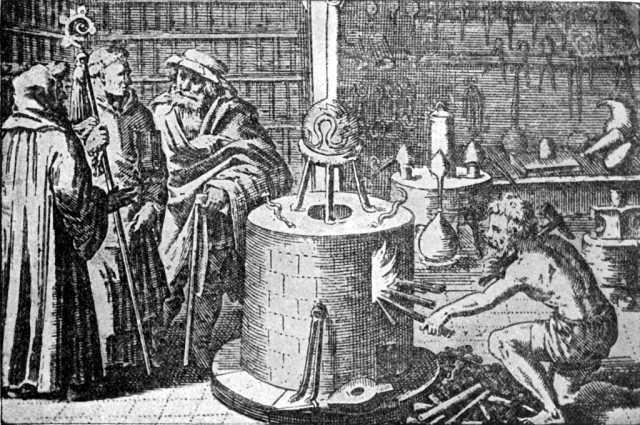Medieval Alchemy
Alchemy in the Middle Ages was a mixture of science, philosophy, and mysticism. Alchemists approached their craft, believing that purity of mind, body, and spirit was necessary.
Medieval alchemy was centered around the idea that all matter was composed of four elements: earth, air, fire, and water. They theorized that the right combination could produce any substance on earth.
159
1.08K reads
CURATED FROM
IDEAS CURATED BY
The idea is part of this collection:
Learn more about personaldevelopment with this collection
Strategies for building self-confidence
Techniques for embracing your strengths and accomplishments
Tips for seeking support and feedback
Related collections
Similar ideas to Medieval Alchemy
Pseudo-Science
Much of the knowledge about the natural world during the middle ages dates back to the teachings of the Greeks and Romans. Many did not question these ideas, despite the many flaws.
- Aristotle taught everything beneath the moon was comprised of four elements: earth, air, water, an...
Read & Learn
20x Faster
without
deepstash
with
deepstash
with
deepstash
Personalized microlearning
—
100+ Learning Journeys
—
Access to 200,000+ ideas
—
Access to the mobile app
—
Unlimited idea saving
—
—
Unlimited history
—
—
Unlimited listening to ideas
—
—
Downloading & offline access
—
—
Supercharge your mind with one idea per day
Enter your email and spend 1 minute every day to learn something new.
I agree to receive email updates
